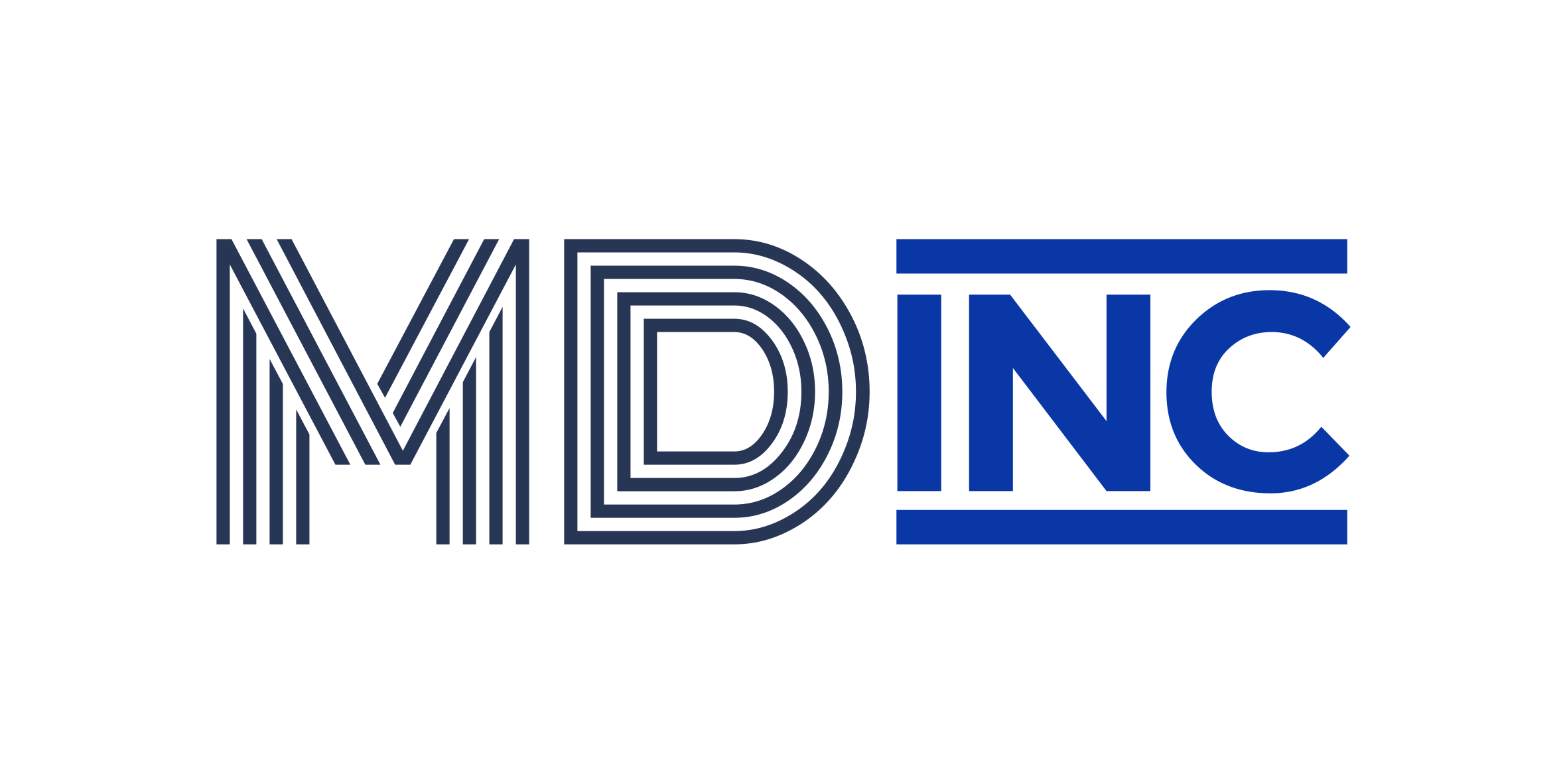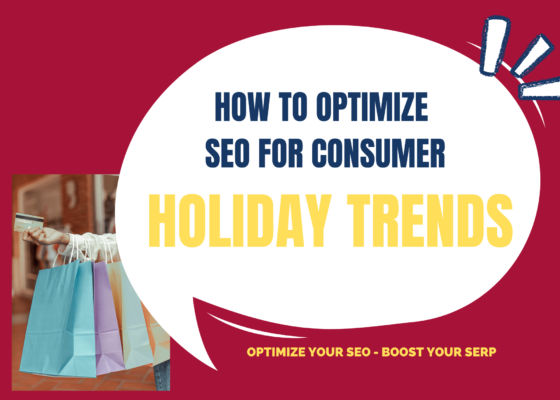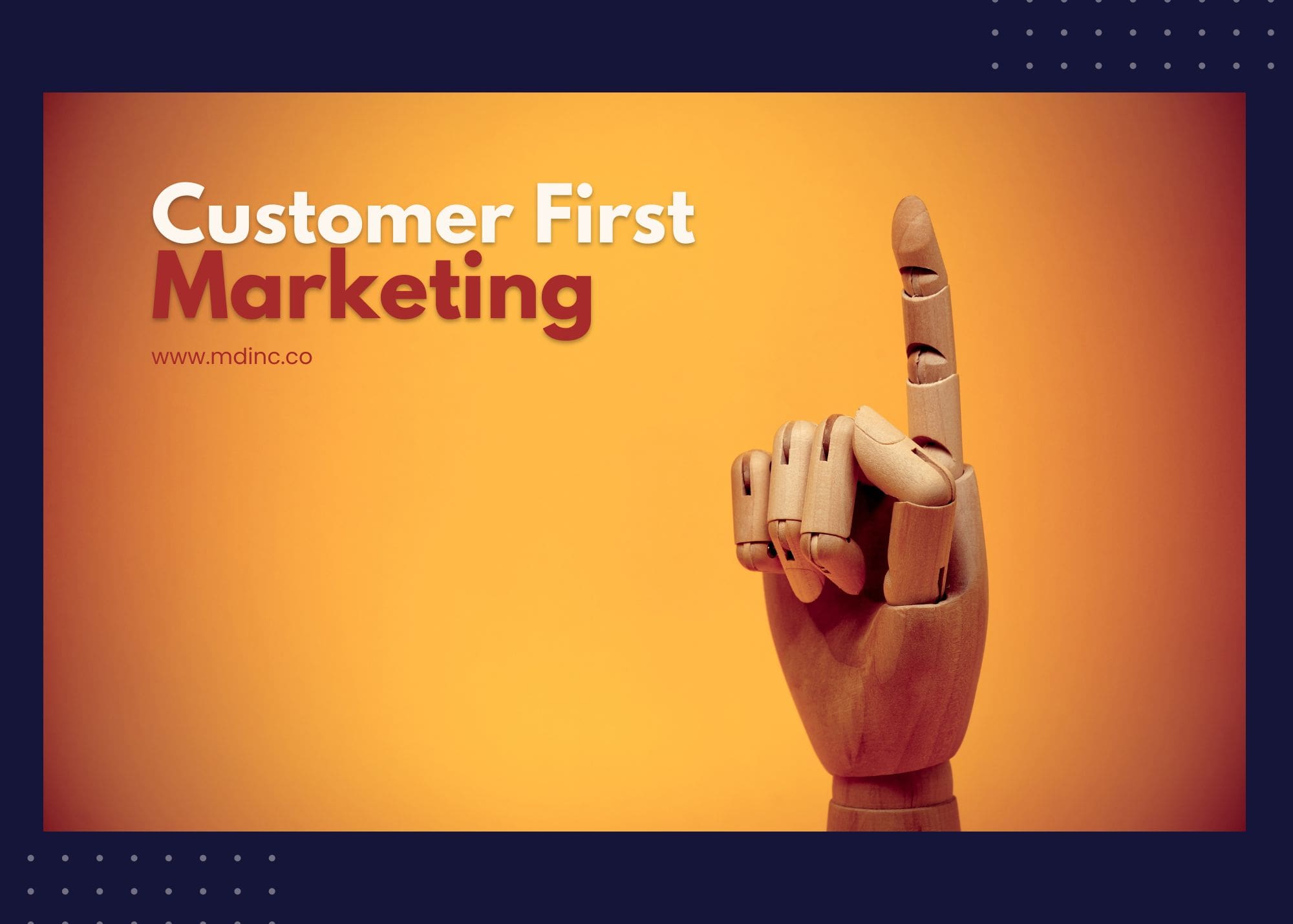Internet Privacy and Your Content Strategy
Most websites use third-party digital cookies to track users’ movements across the Internet. The reasoning for this is to customize user experiences. However, many users don’t enjoy websites compromising their privacy, so how can you preserve privacy while still showing users relevant content and ads?
You can tailor your digital content strategy to keep users’ Internet privacy under wraps while still maintaining growth and SEO. What things do you need to know about website privacy and trust to ensure your users can benefit from browsing your business’s website without worrying about breaking your clients’ and customers’ trust?
Retaining Users’ Internet Privacy
Third-party digital cookies are quickly becoming a thing of the past. Look towards the future of Internet privacy with other means of collecting the data you need to forge the website optimization you require to succeed online.
Double-check your site’s tagging and measurement infrastructure to ensure the data you collect is accurately recorded. This should work via a comprehensive system that supports first-party data collection.
Google will work seamlessly to help provide you with this user-first website privacy and trust system, but how do you win over users while still getting the data you need to create a relevant digital content strategy for your business and grow your SEO? The best way is the first way – first-party data collection.
Ensuring Website Privacy and Trust
With users skeptical about apps and sites tracking their browsing movements, it’s time to put into play a protocol for easing users’ minds while maintaining growth. Where do you start? A digital content strategy that starts with first-party information collection is great because users can give the information they want.
First-party data collection refers to the pop-ups that come up as you hit a landing page or information given when new customers create an account on your site. These typically ask for a user’s email address to receive coupons, discounts, and information about your company through email. This allows you to glean safe, private information from users while keeping website privacy and trust at the forefront.
Collecting this information can give you insight into your buyers, including their interests, age demographic, location, or other relevant data that can help you formulate the best digital content strategy to meet your buyers’ needs.
Building trust happens when you let buyers know that their information won’t be sold to other companies and your site won’t track their movements as they browse. This creates a positive relationship with customers and a sense of security knowing they can trust your business with their details.
This connection is important to building these long-term relationships with buyers who need peace of mind regarding Internet privacy.
Privacy, Measurements, and Your Digital Content Strategy
Without third-party digital cookies in this new advent of website privacy and trust, how do you accurately get a picture of your prospective or returning buyer and what their needs are? Luckily, tools are available to help you assess your buyers’ desires.
Machine-learning tools and automation can help you paint a clear image of your customers’ interests, buying habits, and other details. This type of metric allows you to see what other analyses may be missing, and if digital cookies go away, these tools will step in to assist you. These are collectively known as conversion modeling, and the data is anonymous, protecting each user’s Internet privacy.
This type of metric allows you to see what other analyses may be missing, and if digital cookies go away, these tools will step in to assist you. These are collectively known as conversion modeling, and the data is anonymous, protecting each user’s Internet privacy.
Going forward in a world without cookies may seem intimidating. Still, suppose you have website optimization that provides a firm infrastructure, such as using proper tagging. In that case, these models only help you create a personalized experience for buyers without threatening privacy.
Contact MDINC today to discuss how you can protect your clients’ Internet privacy while maximizing your ad-spend and reach.










